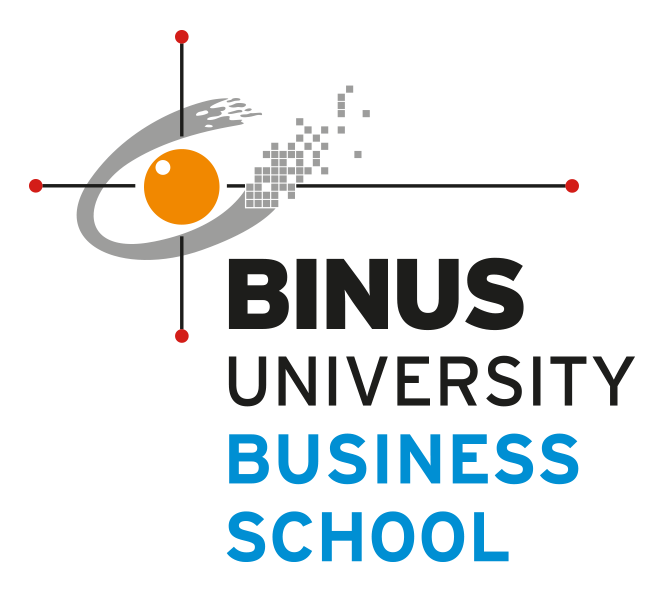Case Document
NESTLÉ INDONESIA: CREATING SHARED VALUES
Nestlé had been operating in Indonesia since 1971 and currently had three factories across the country. The ones in Kejayan and Pasuruan (East Java) produced Nestlé’s dairy products; the other in Panjang, Lampung (South Sumatra) produced coffee products; and the one in Cikupa (Banten) made confectionery products.
The Swiss-based private company placed the principle of Creating Shared Values (CSV) highly. It believed that creating values for both the shareholders and society had to be placed on an equal footing in Indonesia. Its mission in Indonesia was: Nurturing a Healthier Life for Indonesians.
Nestlé believed that a strong and healthy future generation was very important for Indonesia, and therefore, it was equally important to ensure the availability of healthy and nutritious products for Indonesia’s next generation.
Along with the company’s business growth, Nestlé Indonesia had shown its commitment to uphold the CSV as part of its business strategy. In 2010, approximately 72 percent of their products sold met the Nestlé Nutritional Foundation status – a strict measure to ensure that Nestlé products contributed to the nutritional needs of the consumers; about 660,000 liters of fresh milk were supplied from dairy farmers in East Java, as well as 10,320 tons of coffee beans from farmers in Lampung. By the end of the year, more than 1,250 biogas units were installed in every house of Nestlé’s cattle raisers.
Issues that can be brought up from the case for class discussion would revolve around the value chain strategy developed by Nestlé using Michael Porter and Mark Kramer framework (2002, 2011)
THE CHARTER: THE CHAIRUL TANJUNG ENTREPRENEURSHIP
The topic about leadership and entrepreneurship style of Chairul Tanjung (known as Pak CT) is always interesting. His recent move on taking over the 40% share of Carrefour Indonesia on 2009 and announcement of being one of Forbes’ 1,000 richest business man in the world in the end of 2009 were considered bold and brilliant.
This case study discussed about CT’s leadership and entrepreneurship style that he was never labeled or branded before. He believes that business men have their own style and uniqueness in running their business. There was no such thing as identical styles that could be generalized. As he liked to share, he loves to teach in his own Bank Mega and is happy to be a visiting lecturer in Indonesia’s universities. The case study explores Pak CT’s opinion and experience for the benefit of others’ competencies development.
ALLIANZ INDONESIA: LEADERSHIP TRANSFORMATION
When Jens Reisch was appointed as CEO of Allianz Life Indonesia in 2003, the company’s financial figures were far from outstanding. In the earlier years, Allianz focused on business expansion and opened branches throughout Indonesia. During that period, Allianz also attempted to build strong brand but this was a financial burden; the company reported a loss of Rp 102.86 billion in 2002. The condition was exacerbated by the financial chaos in the early 2000’s. To improve the situation, the new appointee and his team had to work extra miles for the company to earn profits.
Considering the company’s difficulties, Jens had to engage in a major transformation, first by changing the marketing process from the branch system to the agency system, to the extent that he had to shut down most of Allianz branches in Indonesia and lay off hundreds of employees. That was the toughest decision he and the management team faced during that period. In addition, Jens had to improve employee productivity during the crisis period through the enhancements in motivation, morale, commitment, and trust.
PEGASE BY SDV INDONESIA
Since Mid 2007, SDV Indonesia had been working on different issues following the implementation of their information management system, called Pegase. Pegase is an ERP software package which aims to create clear processes for any operation related to SDV Indonesia. The information flow had to become transparent and efficient in order to improve the productivity of and respect for corporate regulations.
Pegase would change the whole organization in SDV; the way people work and solve problems. After a few weeks, it seemed that some people were not enjoying the process of change. The reluctance was so intense that even the General Director received threatening emails, and had to face a strike.
How should the management of SDV handle this process of change? How to solve the critical implementation phase? How should the management of SDV deal with the difference in work culture?
FIGHTING THE INDOCEMENT’S WAY
This case study examines the effects on the corporate culture of Indocement after Heidelberg Zement acquired the company after the 1998 monetary crisis. The crises ballooned Indocement’s debts and diminished sales due to decreased consumer spending and buying power. As a result, Mr. Kuky Permana, Indocement Core-T team leader, sought investors, and then convinced Heidelberg Zement to buy Indocement shares. At the same time, he had to work to preserve Indocement’s corporate culture.
In this case, participants are to analyze the market situation that affected organizational performance, the corporate cultures of Indocement and Heidelberg Zement, and to choose a culture merger strategy.
DOING GOOD AND DOING WELL: THE CASE OF LIFEBUOY BERBAGI SEHAT
“Doing good and doing well; the case of Lifebuoy Berbagi Sehat” (it will henceforth be referred to as :“LBS”) describes how Lifebuoy, a market leader brand of toilet soap in Indonesia maintains its leadership in a mature market by embedding CSR as part of the brand identity. This case depicts the thorough analysis and the strategy Lifebuoy developed and implemented as well the results, with CSR in Unilever Indonesia as the backdrop.
Issues which can be brought up from the LBS case for class discussion would evolve around the step-by-step strategy developed by Lifebuoy, the results at one point in time, and the challenges ahead. Ultimately, the discussion needs to be converged into the concept of CSR.
PORTALHR: ANSWERING THE CHALLENGE OF INDO-NESIA ONLINE PORTAL BUSINESS
PortalHR is an online portal whose targeted Indonesian human resources community, a targeted and segmented market. Although PortalHR is only been around for more than a year, its current situation is promising. While many online portal businesses in Indonesia suffered from financial and operational difficulty, PortalHR had its own strategy to overcome such difficulties. In the future, PortalHR will have to face greater challenge, either from another competitor who could surface anytime or even from its own strategy, which will be tested if its strategy was capable enough to answer the future.







